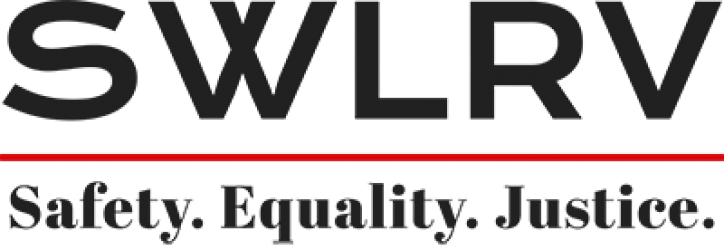How the Majority of Victorian Sex Workers Are Exposed to Criminal Prosecution
"Everything to do with my safety is criminalized."
quote from sex worker about working under licensing laws
In early 2022, the Victorian Parliament passed the Sex Work Decriminalisation Act 2022 (Vic), which will progressively decriminalise sex work throughout 2022 and 2023. The information below relates to Victoria’s current sex work licensing laws, which will remain in place until 1 December 2023.
The majority of Victorian sex workers risk criminal prosecution by police.
In 1994 Victoria ‘legalised’ sex work in limited circumstances, thus the term ‘legalised’ is highly misleading. Only about 20% of Victorian sex workers are able to work legally. The other 80% are liable to be charged with a criminal offence because Victoria’s sex work laws place restrictions on, for example:
- where sex workers can work
Many of the safety protocols sex workers use are criminalized under existing laws.
Hundreds of separate laws and regulations place criminal penalties on sex workers and others working in and connected to the sex industry. The vast majority of these laws and regulations do NOT protect sex workers or the general public.
For example:
- brothel owners are prohibited from owning more than one brothel1
- no more than six rooms can be used for sex work in a brothel2
- if one sex worker works from home, their residence is classified as an illegal brothel3
Three specific examples of laws which expose sex workers to prosecution:
1. It is illegal for a sex worker to solicit (talk to) a client in public about prices or services in some locations
This law exposes some street-based sex workers to prosecution.
2. It is illegal for a private (self-employed) sex worker to see a client at the worker’s premises
This law exposes the majority of private sex workers to prosecution because they work from home at least some of the time. For some, working from home rather than doing outcalls is the safer option as they have much more control over their work environment.
3. It is illegal for a sex worker (or anyone else) to be in an unlicensed brothel
In 2020 there were only 884 licensed brothels compared to an estimated 500 unlicensed brothels. Therefore this law exposes the majority of brothel based sex workers to prosecution.
For a complete breakdown of the criminal laws applying to sex workers, see our The Law: A Guide for Sex Workers page.
Are These Laws Being Enforced?
Most of the time they are not. Crime Statistics Agency data shows that over a five year period (2013 – 2017), Victoria Police laid approximately 500 charges against people within or connected to the sex industry. Even though these laws are seldom enforced, the existence of the laws makes it less likely that sex workers will feel comfortable reporting ‘real’ crime.
When society criminalises a class of workers, it reinforces stigma against them.
- See s75(1) of the Sex Work Act 1994 (Vic)
- See s74(1)(d) of the Sex Work Act 1994 (Vic)
- See definition of brothel in s3 of the Sex Work Act 1994 (Vic)
- Pages 130 and 132 of RED Magazine (Issue #37, April 2020)
